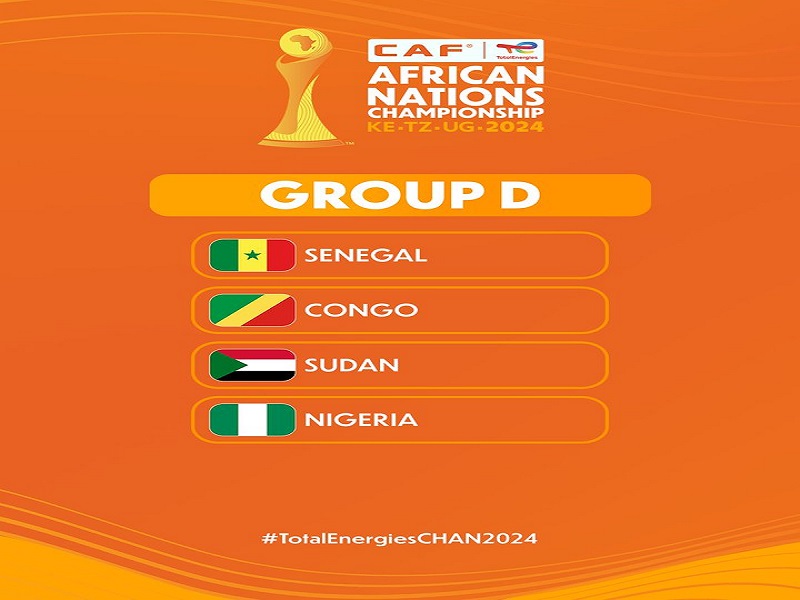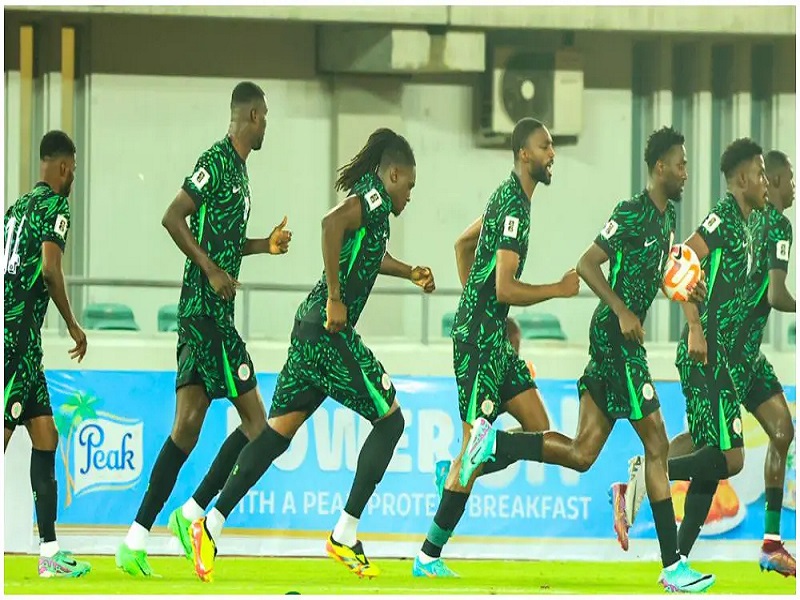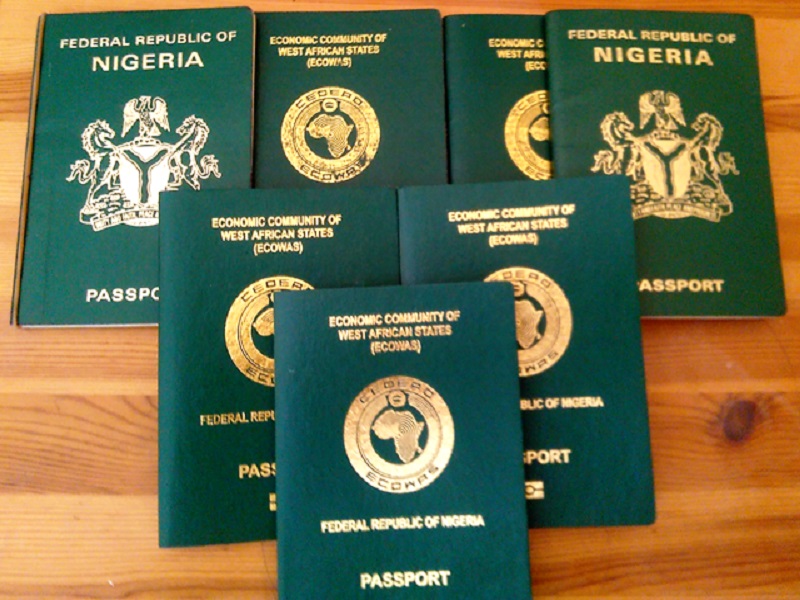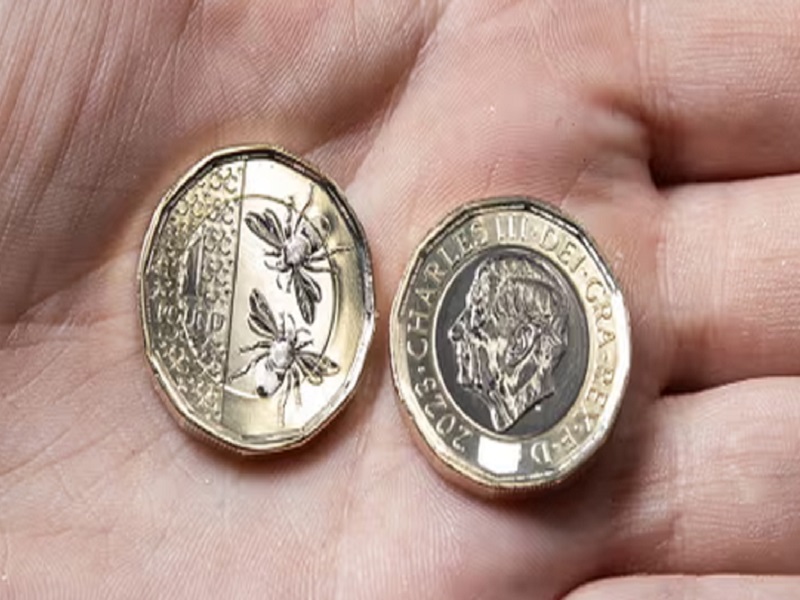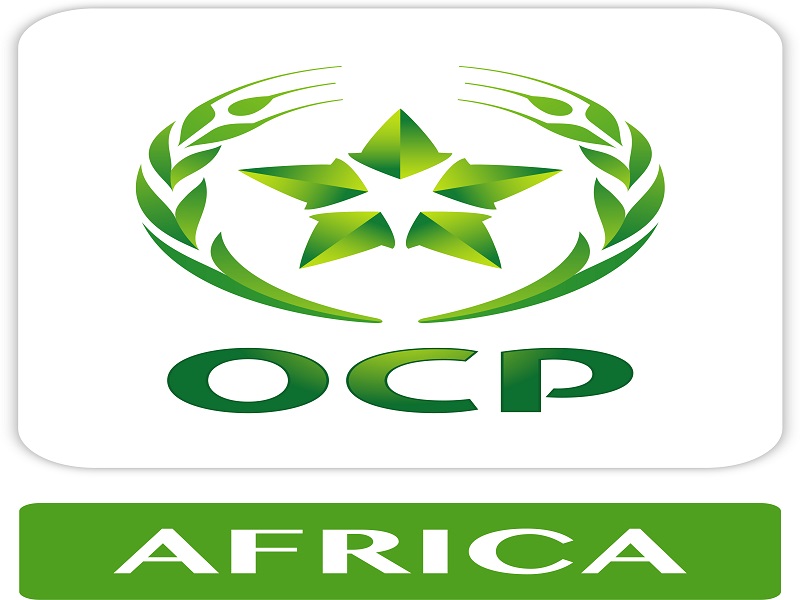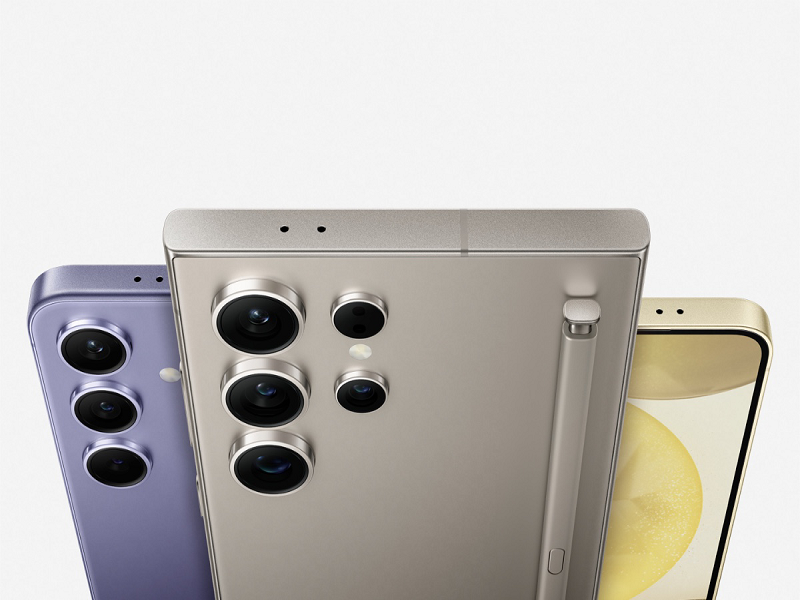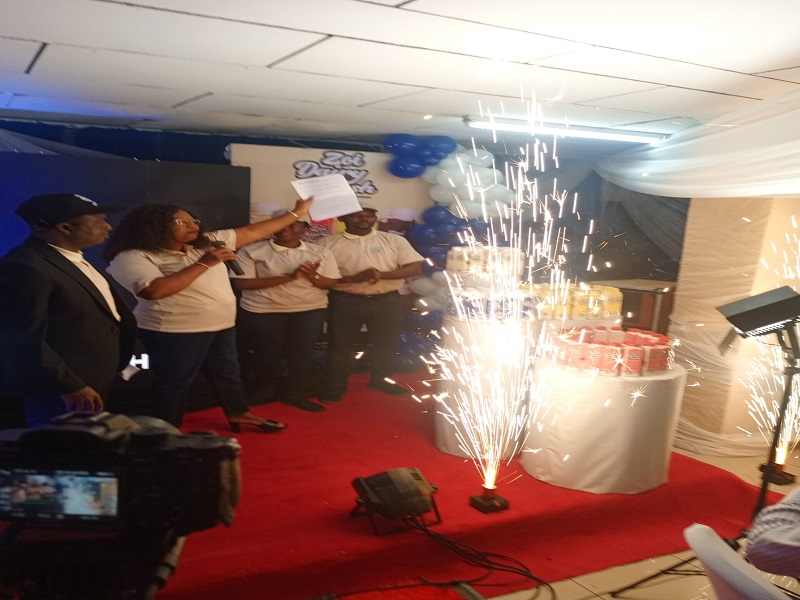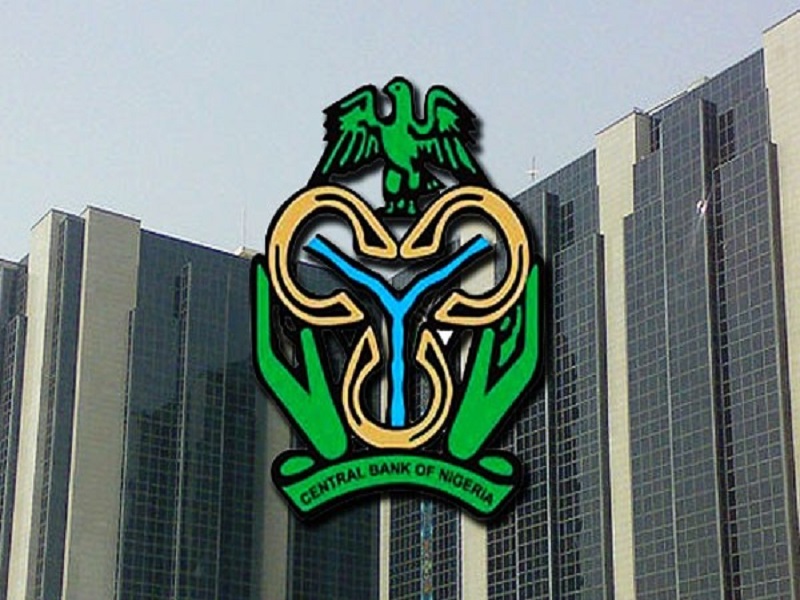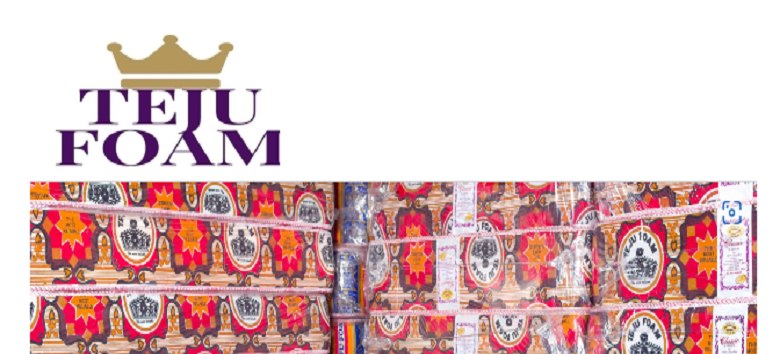Nigerian Breweries (NB PC) has posted revenue of N550.4billion in the year ended December 31, 2022, representing 25 per cent over the N437.1billion it achieved in 2021.
The company’s audited results revealed that profit for the year grew 7.7 per cent to N13.9billion from N12.9billion it achieved in the corresponding period of 2021. While total equity rose 5.1 per cent to N180.87billion in 2022 from N172.3billion in 2021,declared dividend also grew 48.4 per cent to N12,979billion from N8,748billion in the review period. Earnings per share however, dropped 29.1 per cent to N1.05 from N1.48.
At the close of business year 2022, its total assets grew by 27 per cent to N619.8billion from N485.5billion.
While inventories rose 34.4 per cent to N83.5billion in 2022 from N62.1billion, loans and borrowings also jumped 99.4 per cent to N119.8billion from N23.887billion in 2021.In fact, retained earnings stood flat at N90.7billion.
By the above figures, the Nigerian Breweries achieved profit of 7 percent and this was recorded in a harsh macro-economic environment.
In fact, the operational environment has not been favourable for businesses not only the Breweries industry but also generally.
The PWC also noted in its report that companies in the beer sector may suffer a profit decline of 137% in 2022 due to high taxes, high costs of sales, and operational costs.
Challenges
Analysts fear that this may worsen the already hard situation for the Nigerian businesses.
The former President of the National Association of Small Medium Enterprises, Mr. Degun Agboade, voiced out that the association was complaining about the subsisting conditions as operating environment is worsening by the day.
“We are in a worse situation. Nothing has improved in terms of infrastructure. In fact, the infrastructure is getting worse. You can’t move on the roads; diesel price has moved up, and there are a whole lot of problems. In the midst of that, you still raised the interest rate? That is adding insult to injury.”
Whatever may be the case, the Nigerian economy which has recorded a GDP growth of 3.5 % in the fourth quarter 2022 is still in bad shape. The economy has suffered immensely to the point that its debt over hang has become a threat to the continued solvency of the country.
Critically, recent statistics reveal that the rate of unemployment, the second highest in the world is 40%. At the same time, the underemployment rate stood at 25%; even as inflation, which is hitting the roof top stood at 21.6 per cent( A report said inflation stood at 52 per cent), highest point in the last seven years. At the same time, Diaspora remittances inflow has fallen below what it was in 2020.
Unfortunately, these conditions are pervasive and even worse in the Nigerian operating environment.
The examples include the high inflation rate which has hit the roof top at 21.6 per cent in 2022; high unemployment at more than 40 per cent; underemployment above 22 per cent; and high insecurity caused by the Boko Haram sect, insurgents, kidnappers and bandits. It is much more difficult to transact business in Nigeria presently.
At the same time, Diaspora remittances, of course is now lower than the $23.55billion it attained in 2020 while investors both domestic and foreign are scared stiff to bring their resources here after exiting Nigeria.
Also remarkable is the country’s heavy debt burden at almost N44.6 trillion and expected to hit N77 trillion and above if the N23 trillion the CBN’s overdraft to the federal governments is securitized. Of the budget of N21.8trillion for 2023, the budget deficit stood at N11.3trillion as over 100 per cent of revenues are now used to service debts. Experts fear that we are again plunging into another round of debt trap as the country witnessed before 1999.
More worrisome is that the country has set new borrowing limit from 25 per cent of GDP to 40 per cent of the GDP. This was contained in the Medium Term Debt Strategy.
The major revenue earner for the country, crude oil price, which has hit $80 pbd and above presently still fluctuates.
At the same time, insecurity has not only hobbled agriculture, many parts of Northern Nigeria have been taken over by bandits such that not much business activities can subsist. Flood has disabled a substantial part of the farms as millions of people have been pushed out of their homes. The World Bank just noted that Nigeria’s revenue to GDP ratio hovered between five and six per cent last year and remains the lowest in the world.
These days almost everybody is aware that Nigeria is the poverty capital of the world. Recently, the world bank recorded that over 133million Nigerians are multidimensionally poor. The Naira which exchanged at N220/$ by June 15, 2015 has depreciated by about 100 per cent to N750/$ this December 31, 2022.With the above scenario it is difficult to expect any magic at the equities market.
With the fearful scenario above, economic trajectory of the country is still uncertain. This is because even the apex bank has warned that care must be taken to galvanize and push the economy out of slumber.
FDI is expected to shrink to reflect the worsening operating environment and investment climate, analysts reckon.
Further explanations consider some of these risk components to include; the political risk components, government stability, socioeconomic conditions, investment profile, internal conflict, external conflict, corruption, religious tensions, democratic accountability, and ethnic tensions have a close association with FDI flows.
This, in fact, captures dramatically what Nigeria is experiencing today. Analysts are in awe how such economy can give hope of pulling up surprises in the near future. They seem discomforted that the same vulnerabilities that impeded economic growth pre-Covid-19 are still visibly predominant in the system and are even worsening.
In a recent forum, Dr. Abiodun Adedipe , MD/CEO of B. Adedipe Associate limited, bared his mind and told the audience that the pre-Covid-conditions which obstructed economic broadening were still there and have not changed.
According to him, these vulnerabilities included resource dependent/mono-product that accounted for almost 90 per cent of Nigeria’s foreign trade earnings in 2020 were from hydrocarbons; Portfolio investments evaporated; highly- indebted; large informal sector; weak MSME’s represented large proportions of GDP and manufacturing activities; large populations and high poverty incidence.
According to the report released in Singapore, Nigeria was ranked very low in governance, leadership and foresight, scoring the country 102 out of 104 countries with a score of 0.319 points, ahead of Zimbabwe and Venezuela. It also ranked Nigeria low in other parameters, scoring the nation 98 in leadership and foresight; 85 in robust laws and policies; 101 in strong institutions; 88 in financial stewardship; 97 in attractive marketplace; 72 in global influence and reputation and helping people rise 98.
Six years performance of NB Plc
There have been a mixed performance in the company in the last six years from 2017 to 2021. For instance, while its revenues grew by 59.8% from N344.5billion in 2017 to N550.6billion in 2022, its profit before tax slid by 71.68% from N46.572billion in 2017 to N13.925billion in 2022. In the same vein, Net asset dropped by 0.0001% from N178.298billion in 2017 to N180.87billion in 2022. Earnings per share also fell by 59% from 413kobo in 2017 to 168kobo in 2022 as its stock price closed at N40.85 per share as at Friday February 10, 2023.
In fact, some observers sympathise with the manufacturing companies as they attribute their predicament to ill-advised government policies that have crippled manufacturers and allowed little wriggle room for them to manoeuvre out of a high cost manufacturing situation. The weakness of the domestic currency in the foreign exchange market and foreign exchange access restrictions placed on some categories of imports conspired to make a bad situation worse as the manufacturing companies had to seek foreign exchange from the parallel market.
It is commonly known that the Nigerian manufacturing industry is relatively small in relation to the size of the domestic economy. This is due to several challenges which include the neglect of the sector in favour of oil, an epileptic power supply, and the country’s deficient infrastructure, among others.
However, the brewery industry is growing relatively fast even though the economy is skewed. There is also intense competition among operators. For instance, the Nigerian Breweries and Guinness Nigeria are long time competitors for market dominance.
There are also the added threats of insecurity and religious challenges which prevents them from selling their products in some parts of Northern Nigeria where the Islamic police called HISBAH destroy goods worth many millions of naira at intervals.
In spite of the fact that production volumes have continued to increase over the past five years, Nigerian Breweries has faced the problem of strained production capacity. This necessitated its acquisitions of Sona Systems Associates Business Management Limited, which currently owns two breweries in Nigeria (Sango Otta and Kaduna), and Life Breweries Company Limited (Onitsha).
This has enhanced the production capacity for Nigerian Breweries as well as given the rights to the brands of Sona Systems (Goldberg lager and Malta Gold) and Life Breweries (Continental Life lager). Its distribution channels have also been enhanced.
Before now, the leading Brewing Company’s dividend history has been quite impressive with many noting that it is indeed a formidable company and has been consistent in rewarding loyal shareholders with dividends.
In specific terms, it paid 100Kobo in 1998;135kobo in 1999; 150kobo in 2000; 158kobo in 2001 and 225kobo in 2002. In 2003 it paid 210kobo, 110kobo in 2004; 40 kobo in 2005; 159kobo in 2007; 350kobo in 2008; 180kobo in 2009 and 240kobo in 2010. In 2011 and 2012 it gave out 300kobo each. The company also paid 300kobo in 2013, 575kobo in 2014, 470 in 2015 and 358kobo in 2016; In 2017, it reimbursed investors 413kobo, 243 kobo in 2018, 201 kobo in 2019, 94kobo in 2020, 160 kobo in 2021 and N1.40 in 2022.By the records, the company has rewarded shareholders better than many other firms listed on the Nigerian Exchange Group.
Nigerian Breweries Plc, incorporated in 1946, is the pioneer and largest brewing company in Nigeria. Its first bottle of beer, STAR Lager, rolled off the bottling lines of its Lagos Brewery in June 1949. Other breweries were subsequently commissioned by the company, including Aba Brewery in 1957, Kaduna Brewery in 1963, and Ibadan Brewery in 1982. In September 1993, the company acquired its fifth brewery in Enugu state, and in October 2003, its sixth brewery, sited at Ama in Enugu. Ama Brewery is the largest brewery in Nigeria and one of the most modern worldwide. Operations at Enugu brewery were discontinued in 2004, while the company acquired a malting Plant in Aba in 2008.
What did that other analyst say: ‘tough times don’t last, it is tough people that do. NB Plc surely has to demonstrate what it’s got going forward.
















